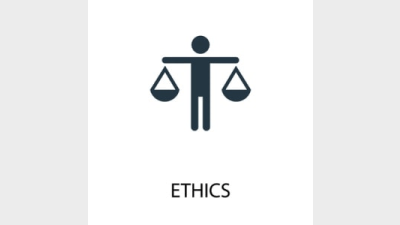ASIC FASEA submission asked for ethical dilemma examples



The Australian Securities and Investments Commission (ASIC) asked the Financial Standards and Ethics Authority (FASEA) to consider including ethical dilemma examples to understand the meaning of “inappropriate personal advantage” in regards to the code of ethics Standard 3.
Money Management obtained a copy of the ASIC submission that, at the time of writing, was still unable to be accessed on the FASEA website.
The submission matched material Money Management obtained earlier in the year via a Parliamentary Committee that said further guidance about the standard’s scope in the form of examples would encourage improved behaviour by financial advisers.
On Standard 3 ASIC said: “We encourage FASEA to consider including an example of an ethical dilemma involving a breach of the code that does not involve a clear breach of the law. We think that this would better assist in understanding the meaning of ‘inappropriate personal advantage’ in Standard 3.
“In addition, we encourage FASEA to provide more context in relation to the situation in the example in the second dot point in paragraph 38. For example, it would be helpful if FASEA could state more specifically how the financial adviser’s duty to one client conflicts with their duty to their other client.”
Recommended for you
The Financial Advice Association Australia has appealed to licensees to urgently update their FAR records as hundreds of advisers are set to depart by the end of the year.
Demand for robo-advice tools is rising, a report has shown, but this is occurring simultaneously with rising demand for professional face-to-face advice.
ASIC has released the results of the latest financial adviser exam, held in November 2025.
Winners have been announced for this year's ifa Excellence Awards, hosted by Money Management's sister brand ifa.











